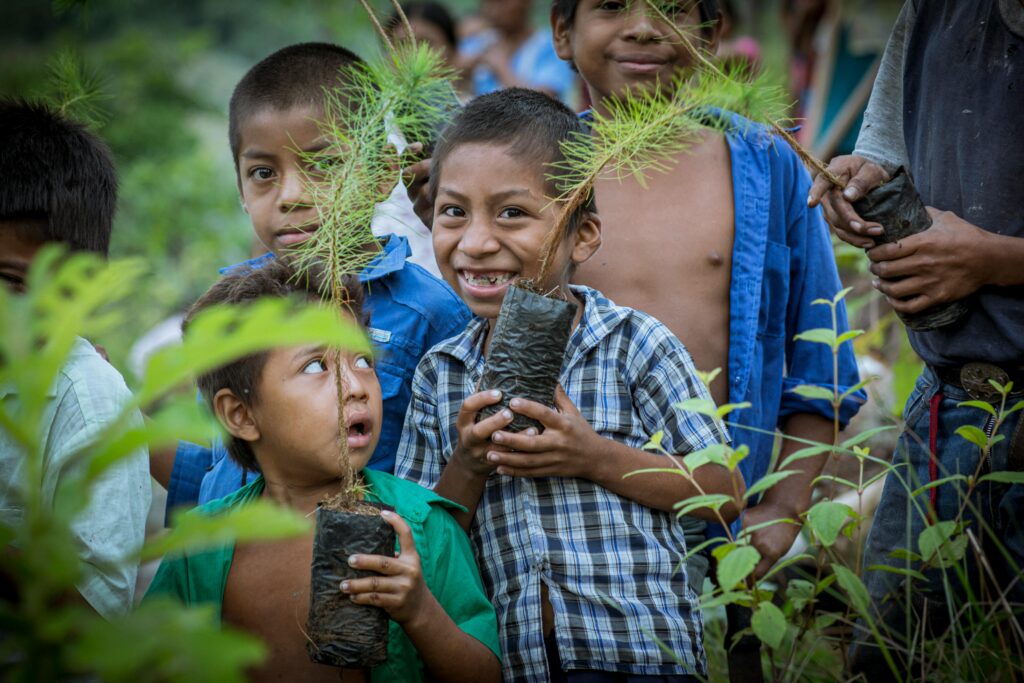Education and sustainability: empowering action for climate change solutions
Educational institutions also play a role in modeling sustainable practices by adopting solar energy, implementing rainwater harvesting, encouraging recycling

To understand the significance of sustainability and climate action, one only needs to experience the air we breathe. Climate change has triggered a range of severe impacts, including droughts, extreme weather, coastal erosion, soil degradation, and cyclones. These events have created catastrophic effects worldwide, affecting ecosystems and human communities alike.
Creating Educational Awareness on Climate Issues
Raising awareness through education is crucial for addressing this pressing issue. Discussions about the potential consequences of climate change for human life are widespread. Beyond the threats of extreme weather events and heat waves, there are growing concerns about declining water availability, which affects both health and livelihoods. To foster understanding, environmental studies are now integrated into both the sciences and social sciences at primary, secondary, and higher educational levels.
Educational institutions also play a role in modeling sustainable practices by adopting solar energy, implementing rainwater harvesting, encouraging recycling, reducing waste, and striving toward carbon-neutral operations.
The Concept of “Just Responsibility”
In a thought-provoking article, political scientist Brooke Ackerly introduces the idea of “Just Responsibility.” This concept offers a framework that can guide our actions to mitigate the effects of climate change by emphasising five key principles:
Intersectional Analysis: Addressing climate change requires strategies that are inclusive across political, educational, and financial spheres. We must focus on improving conditions for those most affected by climate change—such as people in poverty, senior citizens, labourers, and women—who are particularly vulnerable to issues like heat waves.
Cross-Issue Connections: Recognising the interconnected nature of issues like water scarcity, health, and employment can help us create initiatives that foster resilience. By focusing on adaptive strategies and creating opportunities for entrepreneurship, we can enhance people’s ability to cope with environmental changes.
Building Capacity for Self and Group Advocacy: Developing leadership skills for self-advocacy is essential. Empowering individuals and groups to advocate for sustainable practices can help ensure a collective response to climate issues.
Community-Building with Connected Actions: Sustainability efforts are more effective when connected to the actions of others. A networked approach to sustainability initiatives can yield better outcomes and foster a stronger sense of community.
Commitment to Political Responsibility: We must consider our personal experiences and take political responsibility for climate action. This principle emphasises that sustainable change often starts at the community level and can lead to broader systemic change.
Moving Forward
These five principles of “Just Responsibility,” as outlined by Ackerly, offer valuable guidance for incorporating sustainability into educational curricula and broader institutional practices. By fostering an understanding of sustainability through education and by modeling responsible behaviours, institutions can help build a generation prepared to take meaningful action against climate change.
